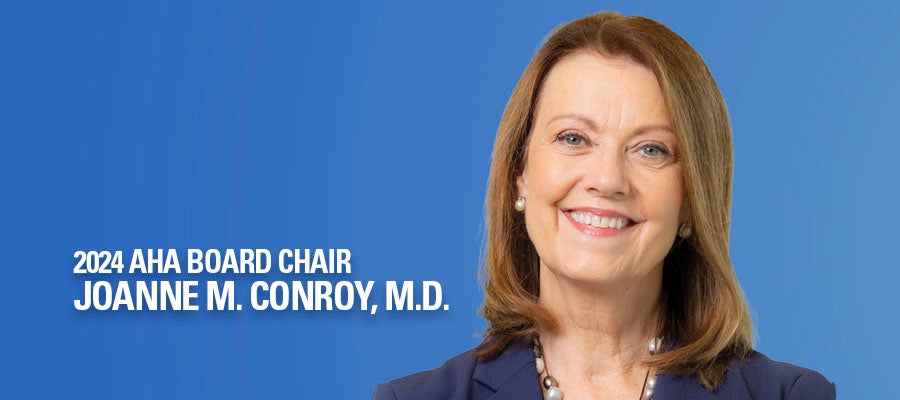
Jill Howard, R.N., senior consultant, Sheppard Pratt Solutions, is the 2024 chair of AHA’s Committee on Behavioral Health. Zelia Baugh, executive vice president, behavioral health, JPS Health Network (Texas), will serve as the 2024 chair-elect; and Arpan Waghray, M.D., CEO, Well-Being Trust | Providence (Washington) will serve as the 2024 past-chair.






